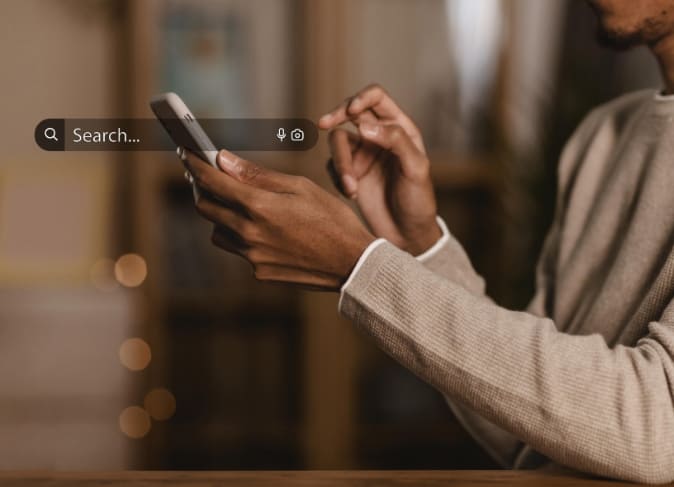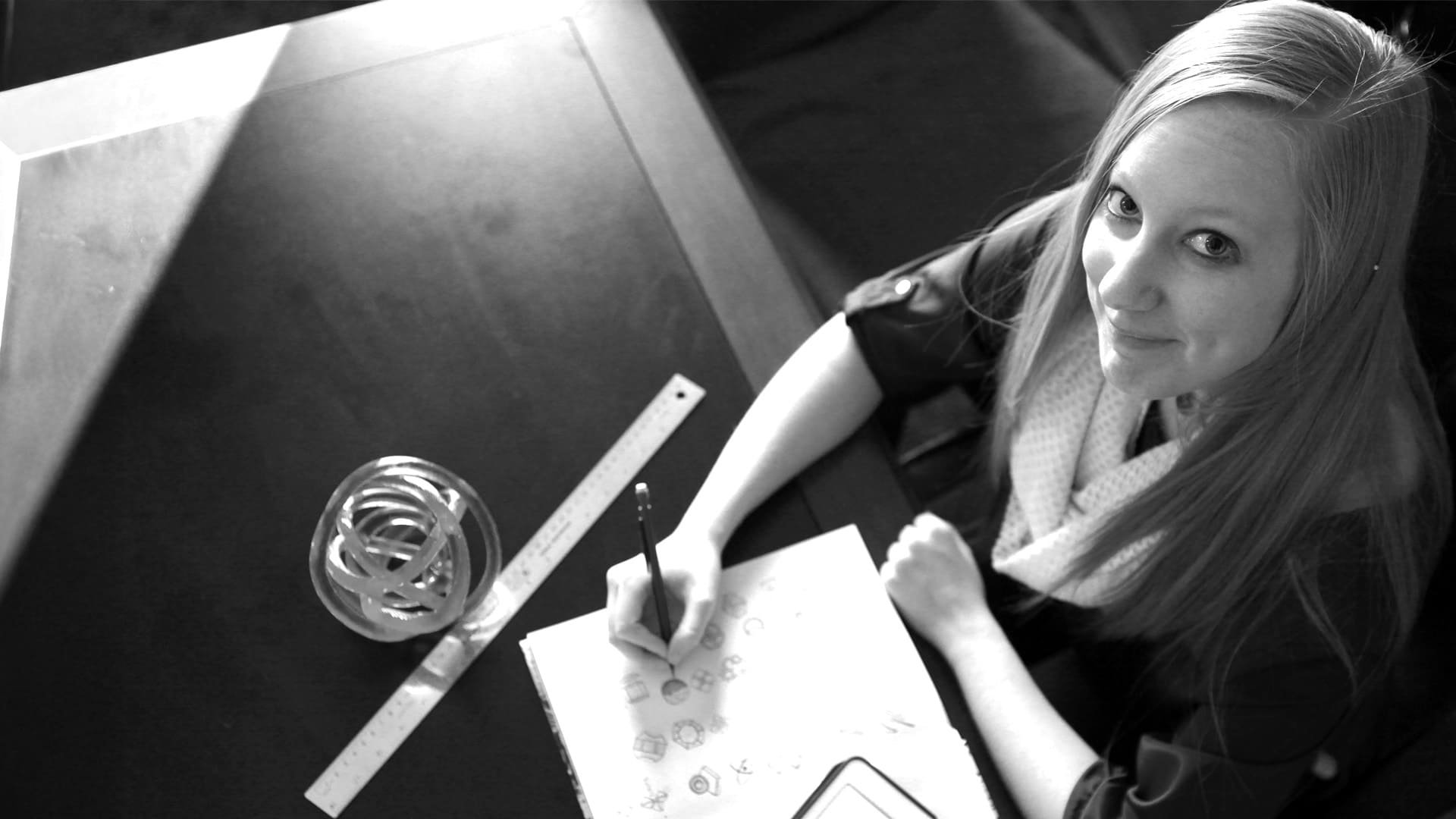A Complete Guide to Pay-Per-Click in 2025What Is PPC Advertising?
In today’s digital-first world, one of the most effective ways to drive instant, targeted traffic to your business is through PPC advertising—short for Pay-Per-Click. But PPC today looks very different from what it was even a few years ago.
With the rise of automation, AI, and machine learning, PPC advertising has become more powerful, more data-driven, and more complex. In this post, we’ll break down exactly how PPC works, how it differs from SEO, and how modern strategies leverage automation to maximize results.
Whether you’re entirely new to PPC or looking to refine your approach, this guide will help you understand how to use PPC advertising as part of a high-performing digital marketing strategy.
What Is PPC Advertising?
PPC stands for Pay-Per-Click—a digital advertising model where advertisers pay only when someone clicks on their ad. PPC ads appear across search engines (Google, Bing), display networks, YouTube, shopping feeds, and social media platforms (Meta, LinkedIn, TikTok, Pinterest).
The most common PPC platform is still Google Ads, but many businesses today also run PPC campaigns across:
- Microsoft Ads (Bing)
- YouTube Ads
- Facebook & Instagram Ads
- Amazon Ads
- LinkedIn Ads
The goal of PPC is simple: generate qualified traffic to your website, drive leads, sales, or awareness, and achieve this with precision targeting and a measurable ROI.

PPC vs SEO: What’s the Difference?
PPC and SEO both fall under the broader umbrella of Search Engine Marketing (SEM), but they function in very different ways.
- Feature
- Speed
- Cost
- Placement
- Longevity
- Control
- Data
- PPC Advertising
- Instant visibility
- Pay-per-click
- Paid ads appear at the top of the results
- Active as long as the budget runs
- Full targeting & message control
- Immediate performance data
- SEO (Search Engine Optimization)
- Long-term growth
- “Free” clicks (but requires content investment)
- Organic listings below ads
- Sustained visibility after ranking
- Influenced by Google’s algorithm
- Slower feedback loop
For most businesses, the most effective approach is to utilize both PPC and SEO as complementary strategies. SEO builds long-term equity. PPC generates instant traffic, leads, and sales while SEO grows.
How Does PPC Advertising Work Today?
Traditionally, PPC was primarily focused on keyword bidding and manual controls. While those elements still exist, today’s PPC heavily incorporates AI-powered automation, real-time data optimization, and machine learning algorithms to run more efficient, more targeted campaigns.

The PPC Auction (Still the Foundation)
At the core of PPC is an auction system. Every time a user searches for something like “HVAC repair near me” or “event AV production,” Google instantly evaluates:
- Your bid (how much you’re willing to pay for a click)
- Your ad’s relevance and click-through rate
- The quality and relevance of your landing page (Quality Score)
- Expected conversion rates
- Historical performance
The Rise of AI and Automation in Google Ads
In 2025, Google Ads is no longer about manually setting bids for every keyword. Instead, Google’s automation features now handle much of the optimization automatically:
Smart Bidding: Google adjusts bids in real-time based on dozens of data signals: device, location, time of day, search history, and more. You set your goal (maximize conversions, target ROAS, etc.) and Google optimizes bids accordingly.
Performance Max Campaigns: These campaigns leverage Google’s full inventory (Search, Display, YouTube, Gmail, Maps, and Discovery) and automatically allocate budget where it predicts the best performance.
Responsive Search Ads (RSAs): You provide multiple headlines and descriptions; Google tests combinations to find top performers.
AI-Powered Audience Targeting: Google uses predictive models to identify users most likely to convert, even before they search.
Broad Match Keywords (Now Smart Broad Match): With AI, broad match is no longer just “wide net” targeting—it uses intent signals to serve ads to highly qualified users, even if their search doesn’t match your keyword exactly.
Human Strategy Still Matters
While automation handles real-time optimization, PPC success still depends heavily on human strategy:
- Selecting the right campaign type
- Feeding AI high-quality conversion data
- Writing compelling ad copy and assets
- Designing optimized landing pages
- Monitoring and refining performance
- Safeguarding the budget from irrelevant traffic
Automation amplifies good strategy—but it also amplifies bad strategy. The need for human oversight is where expert PPC management makes a huge difference.

the benefits of PPC Advertising
PPC is one of the most flexible, scalable, and measurable forms of digital marketing. Here’s why businesses invest in it:
1. Immediate Visibility
PPC campaigns can start generating traffic the same day you launch. Perfect for:
- Seasonal promotions
- New product launches
- Event marketing
- Immediate lead generation
2. Precision Targeting
With PPC, you can reach:
- Specific geographic areas (local, regional, national)
- Exact demographics (age, income, parental status, etc.)
- Custom audiences based on online behavior
- Retargeting users who previously visited your website
3. Full Control Over Budget
Set daily, monthly, or campaign-level spend caps. Unlike many traditional ad channels, you control precisely how much you’re willing to invest.
4. Measurable ROI
Track every click, conversion, phone call, or sale. With proper tracking (Google Analytics 4, conversion pixels, call tracking), you get granular insight into your ROI.
5. Supports Other Channels
PPC complements SEO, email, content marketing, and social media to create a full-funnel digital marketing strategy.

What Makes a Great PPC Campaign in 2025?
Today’s PPC requires more than just setting up ads. Here’s what high-performing campaigns have in common:
1. Clean Conversion Tracking
Before you spend a dime, set up:
- GA4 conversion tracking
- Google Ads conversion actions
- Phone call tracking (CallRail or similar)
- Form submission tracking
Without accurate tracking, optimization is impossible. There’s nothing worse than spending money and not seeing any conversions on the dashboard, even though you are getting leads.
2. Solid Account Structure
Organize campaigns by:
- Product/service category
- Audience segment
- Location
- Intent level (cold traffic vs warm leads)
A clear structure allows better budget control and data analysis. Name your campaigns so that your team understands which campaigns they are viewing.
3. Audience-Centric Keyword Research
Combine keyword intent research with AI-powered audience signals to:
- Target long-tail, high-converting queries
- Feed Google’s machine learning smarter data
- Use negative keywords to block irrelevant traffic
4. Compelling Ad Creative
Even with AI assembling headlines or possibly entire ads, you must provide:
- Multiple strong headline variations
- Creative assets in different formats
- Clear value propositions
- Emotional triggers or urgency (“Free Estimate Today”)
- Trust factors (reviews, certifications, guarantees)
5. Optimized Landing Pages
PPC sends qualified traffic to your site—but it’s your landing page that converts. Your page should:
- Load in under 3 seconds
- Be mobile-optimized
- Align closely with the ad’s offer
- Feature clear calls-to-action (phone number, form, booking link)
- Use social proof (testimonials, ratings)
6. Ongoing Campaign Management
Modern PPC isn’t “set-it-and-forget-it.” Agencies (like The Barbauld Agency) constantly:
- Review search terms reports
- Add negative keywords
- Adjust budgets based on performance
- Test new ad copy variations
- Refine audience targeting signals
- Monitor AI bidding behavior

Google’s Automation Doesn’t Replace Strategy—It Demands It
One of the biggest misconceptions we hear is:
“Isn’t Google doing all the work now with automation? Why do I need a PPC expert?”
Here’s the truth:
✅ Google handles the auction.
✅ Google optimizes real-time bids.
✅ Google serves ads across multiple networks.
✅ Google gives you recommendations to improve each campaign.
BUT — Google still needs:
- The right business goals
- Proper conversion signals
- Smart audience segmentation
- Carefully structured creative assets
- Human oversight to correct underperforming AI decisions
Left unmanaged, Google’s automation can easily burn through budget chasing poor-quality leads.
Why Work With an Experienced PPC Agency?
At The Barbauld Agency, we craft PPC campaigns that harness the power of automation and the precision of strategy.
When you work with our PPC experts, you get:
- In-depth keyword and audience research
- Custom campaign builds tailored to your business goals
- Ad copy that drives clicks—and converts
- Fully optimized landing pages
- Accurate conversion tracking
- Continuous monitoring, reporting, and optimization
- Transparent data so you always know your ROI
Automation is a tool. We make sure it works for you.
Is PPC Right for Your Business?
PPC advertising can work for businesses across many industries, including:
- Healthcare & urgent care clinics
- Financial services & credit unions
- Home services (HVAC, roofing, landscaping, remodeling)
- Retail & eCommerce
- Professional services (attorneys, consultants)
- Events, galas, and fundraising campaigns
If you need leads, bookings, phone calls, or online sales, PPC is often one of the fastest and most scalable ways to grow.
Ready to Launch a Smarter PPC Campaign?
Pay-Per-Click (PPC) advertising has undergone significant changes over the years. With AI and automation now central to paid search, businesses need both technology and expertise to maximize results and avoid wasted ad spend.
At The Barbauld Agency, we manage every aspect of your PPC campaigns—so you can focus on running your business while we focus on driving results.
Contact us today for a free PPC consultation and audit. Let’s turn your ad budget into real growth.





